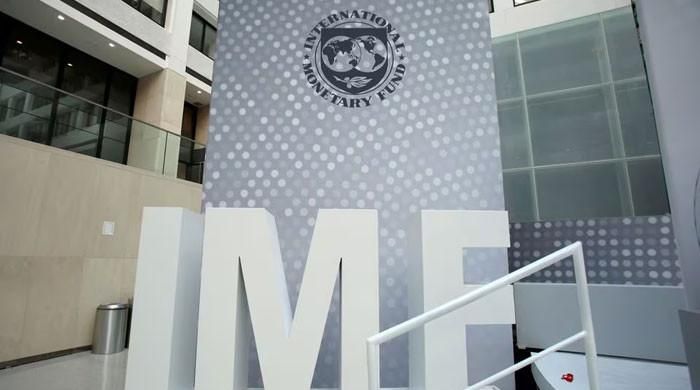Imran Khan has decided to write a letter to the IMF demanding it stop supporting Pakistan due to “rigged elections”
The recently held elections leave much to be desired in terms of providing political stability that can transition towards macroeconomic stability. This is compounded by the attempt to send letters to the International Monetary Fund (IMF) to withhold the extension of any new services to Pakistan.
For context, Pakistan Tehreek-e-Insaf (PTI) leader Ali Zafar said on Thursday that party founder Imran Khan will write a letter to the IMF demanding it stop supporting Pakistan due to the “ rigged elections.”
The question is why the IMF is being asked to investigate the Pakistani elections and what the lender of last resort can do about it. This was also noted by the director of the South Asia Institute at the Wilson Center, Michael Kugelman, who tweeted on Thursday that Imran's proposed letter to the IMF “would be ignored and have no value, but what a terrible idea. Pakistan urgently needs a new loan. Not achieving it would be catastrophic for the economy.”
Pakistan is caught in a low growth trap. Any growth that exceeds the population growth rate may be due primarily to additional debt, unless the economy is restructured from import-financed consumption to investment and export-oriented growth.
The fact is that the country needs access to IMF financing to overcome the liquidity crisis, which can facilitate macroeconomic stability. Compound inflation over the past five years has exceeded 100%, eroding real incomes and purchasing power across the board. Failure to instill macroeconomic stability can only make matters worse, making the population vulnerable to further income and price shocks.
Failure to access the mechanism will further push the country towards a scenario of greater economic risk, which may further accelerate inflation in the process and generate further distortions in the supply chain. In such a scenario, such claims that delay the availability of financing facilities can have disastrous consequences for the economy. Such claims may be considered unpopular and will inadvertently harm the general population while political machinations continue.
The economy is close to the limit. The economic growth achieved over the last fifteen years has been achieved through increased consumption largely financed by debt. The availability of debt to continue this growth trajectory will remain limited.
Pakistan's economy needs serious reforms, and that requires all political and non-political participants to develop a consensus on a roadmap that will get the country out of a low-growth trap. Political machinations may continue, but making the people and the economy victims of those machinations will hurt the people more than anything else.
Such volatility may serve the interests of a few hundred powerful actors, but it considerably harms the economic and social prospects of the country's population. There is a need to develop a consensus where we have to decide whether the country exists to serve the interests of a few hundred power players and rent seekers, or nearly a quarter of a billion people living in the country.
Collaboration with multilateral institutions and other lenders must be carried out in a very cautious and methodical manner, so that the necessary trust is not destroyed. The populist mantra that can damage that confidence increases an already elevated sovereign risk, making it even more difficult to instil macroeconomic stability.
Originally published in The News












